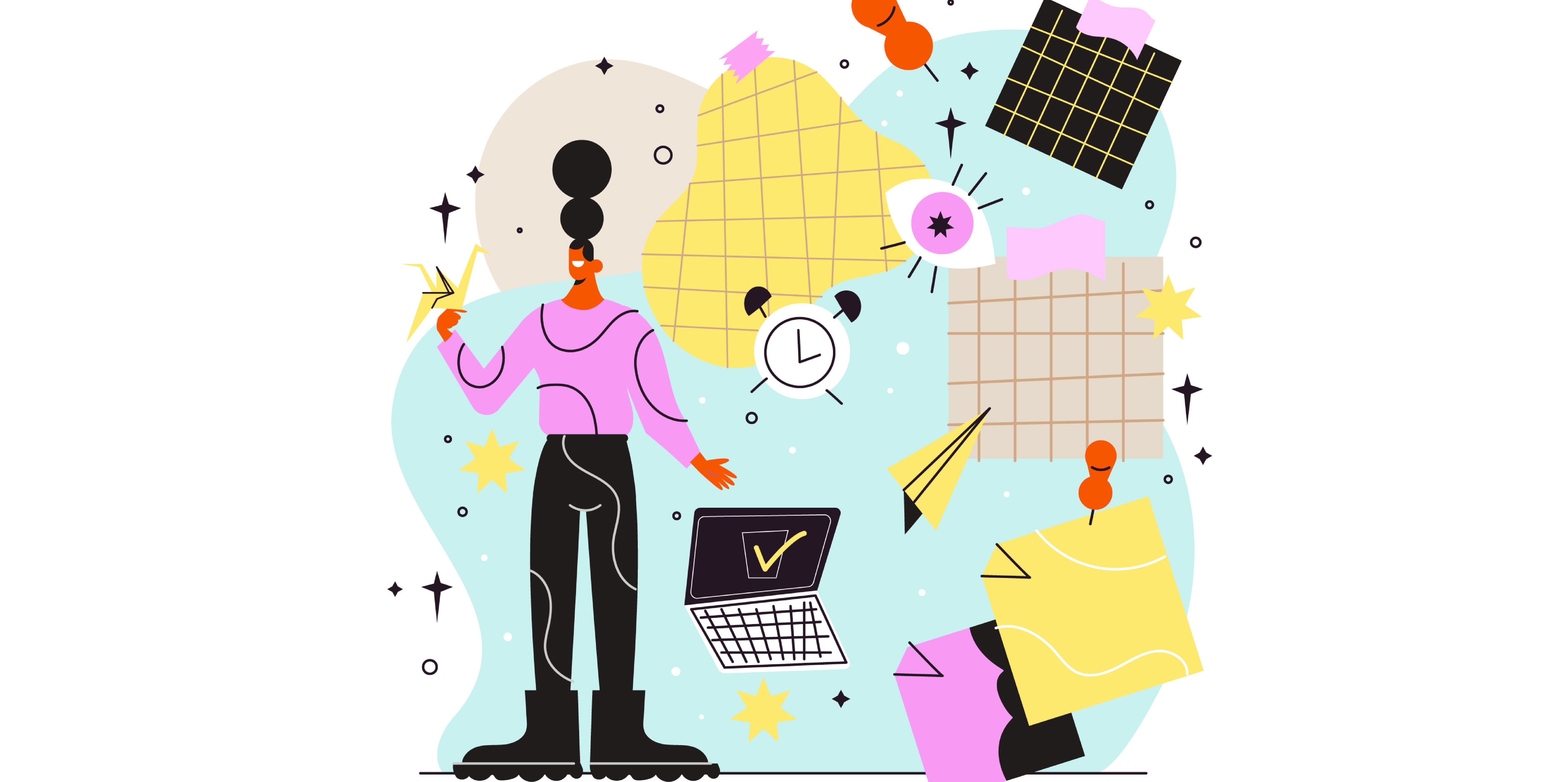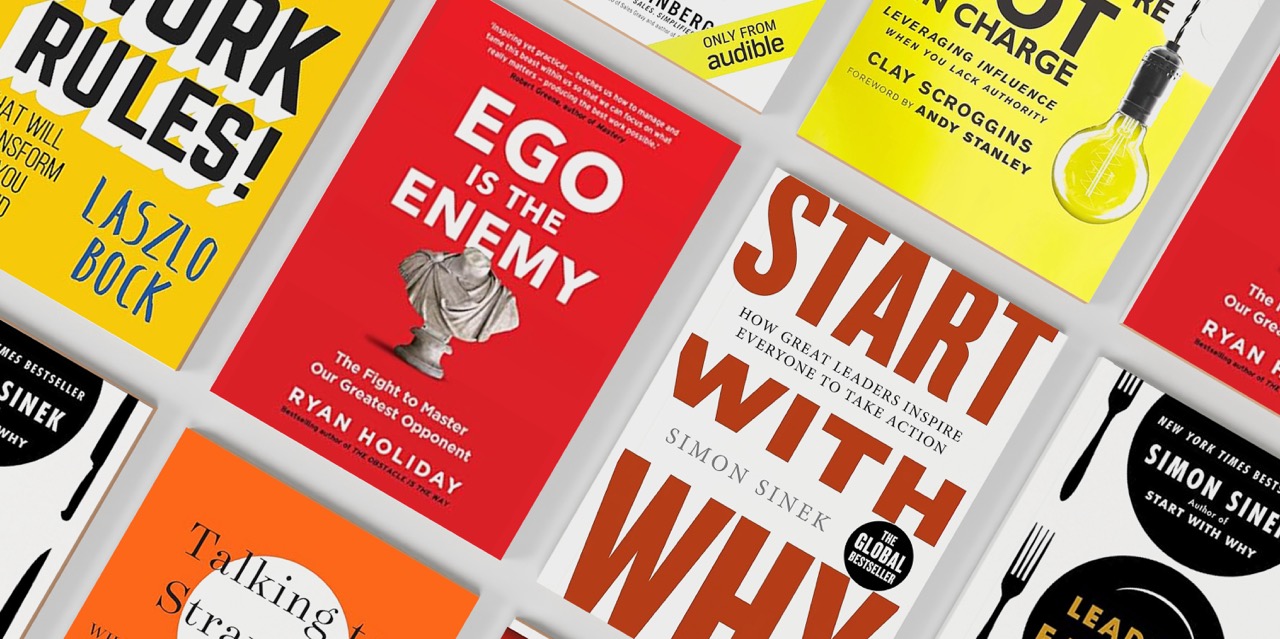to the list of articles
to the list of articles
back
back
June 27, 2024
Event
Vacancy
Article
The future behind AI: Revolutionizing manufacturing and increasing life expectancy
.jpg)
By the time children born today go to kindergarten, artificial intelligence may surpass humans in all cognitive skills—from science to creativity.
Ray Kurzwell, an American futurist and computer scientist, first predicted in 1999 that we would reach the level of General Artificial Intelligence (AGI) by 2029. Most experts considered it a fantasy. However, thanks to the impressive breakthroughs of recent years, many of them are now convinced that AGI could emerge even earlier. Thus, Kurzwell's prediction is becoming increasingly realistic.
This will bring numerous benefits, especially in three key areas: energy, manufacturing and medicine.
Energetics
Energy resources are the basis of civilization. For two centuries, we have relied on dirty, non-renewable fossil fuels. However, harvesting just 0.01% of the sunlight the Earth receives could cover all of humanity's energy needs. Since 1975, solar cells have become 99.7% cheaper per watt of power, allowing for a significant increase in power worldwide. So why is solar still not dominant?
The main problem is that photovoltaic materials remain too expensive and inefficient to completely replace coal and gas. In addition, solar generation varies on a diurnal (day/night) and annual (summer/winter) scale, requiring huge amounts of energy to be stored. Modern battery technology is not yet economical enough.
AI can rapidly analyze billions of chemical compounds in simulations, driving innovation in photovoltaics and batteries. For example, Google's Gnome A project discovered 421,000 new stable inorganic compounds overnight. When AGI finds the optimal materials, photovoltaic megaprojects will become viable, and solar energy can become almost free.
Production
The revolution in energy will bring about changes in production. The costs of most goods are related to energy, labor and raw materials. AI can significantly reduce all these costs.
AI is making significant strides in robotics, which can significantly reduce labor costs. Also, raw material extraction costs will be reduced as AI finds ways to replace expensive rare earth elements with conventional materials such as zirconium, silicon and graphene. This means that most products will become cheaper.
These new manufacturing capabilities will support the growth of computing performance. Modern AI chips optimize designs for the next generation of chips. For example, Nvidia's new B200 GPU can perform 500 billion operations per second, far surpassing previous models.
Medicine
Computing power allows us to start a third revolution — in medicine. Despite progress, our understanding of the human body remains incomplete. Every year, tens of thousands of people die from reactions to medications that should help them.
AI is beginning to turn medicine into an exact science. Molecular biosimulation can quickly evaluate billions of options to find the most promising drugs.
Last summer, for example, the first drug developed using AI passed a phase 2 trial to treat pulmonary fibrosis. Dozens of other drugs developed by AI are also undergoing trials.
Digital trials will allow the medication to be tailored to each patient individually. This opens up opportunities for the treatment of diseases such as cancer and Alzheimer's disease.
Scientific progress gives the average American or Briton an extra 6-7 weeks of life expectancy each year. With the mastery of cell biology, these advances will accelerate. Once the annual increase in life expectancy reaches 12 months, and this could happen between 2029 and 2035, aging will not increase our chances of dying.
These are the most positive predictions of the use of AI in the future: a longer, healthier life, free from the scarcity and weakness that limited humanity from the beginning.
Source: The Economist
No items found.
We are waiting for you at the event!
We are waiting for you
Oops! Something went wrong while submitting the form.





